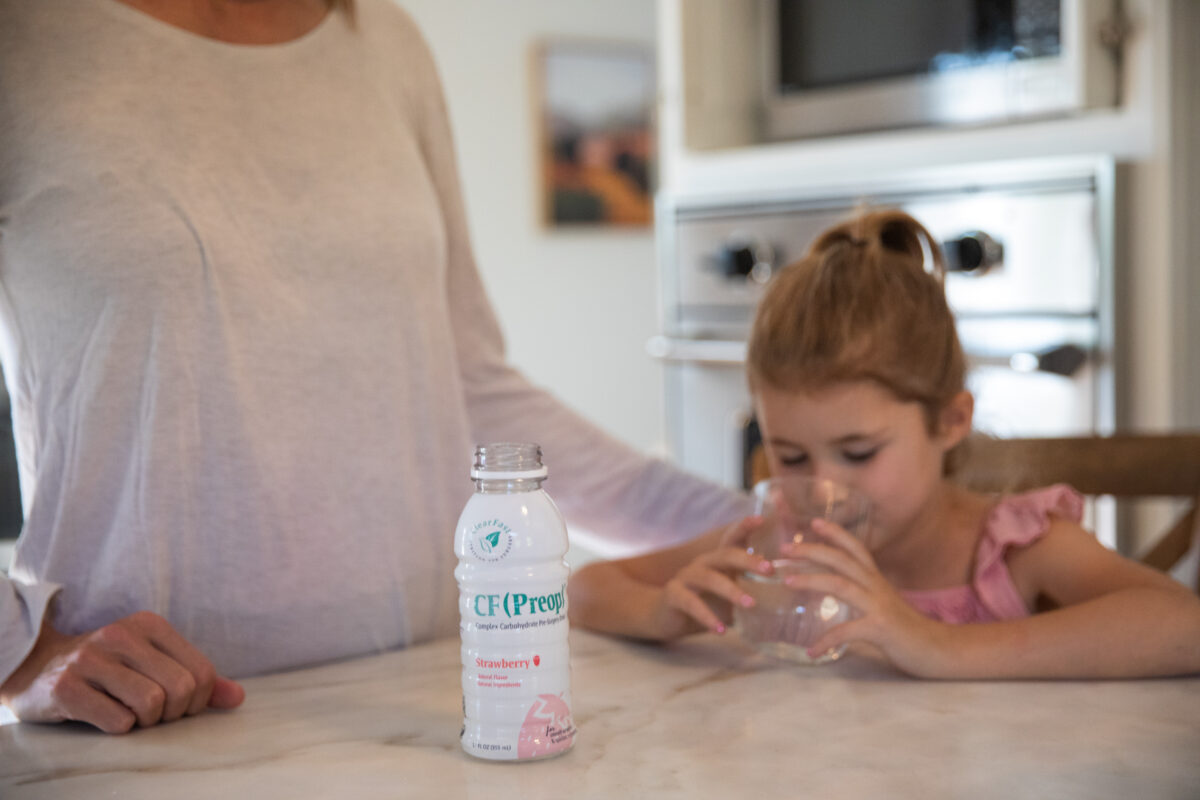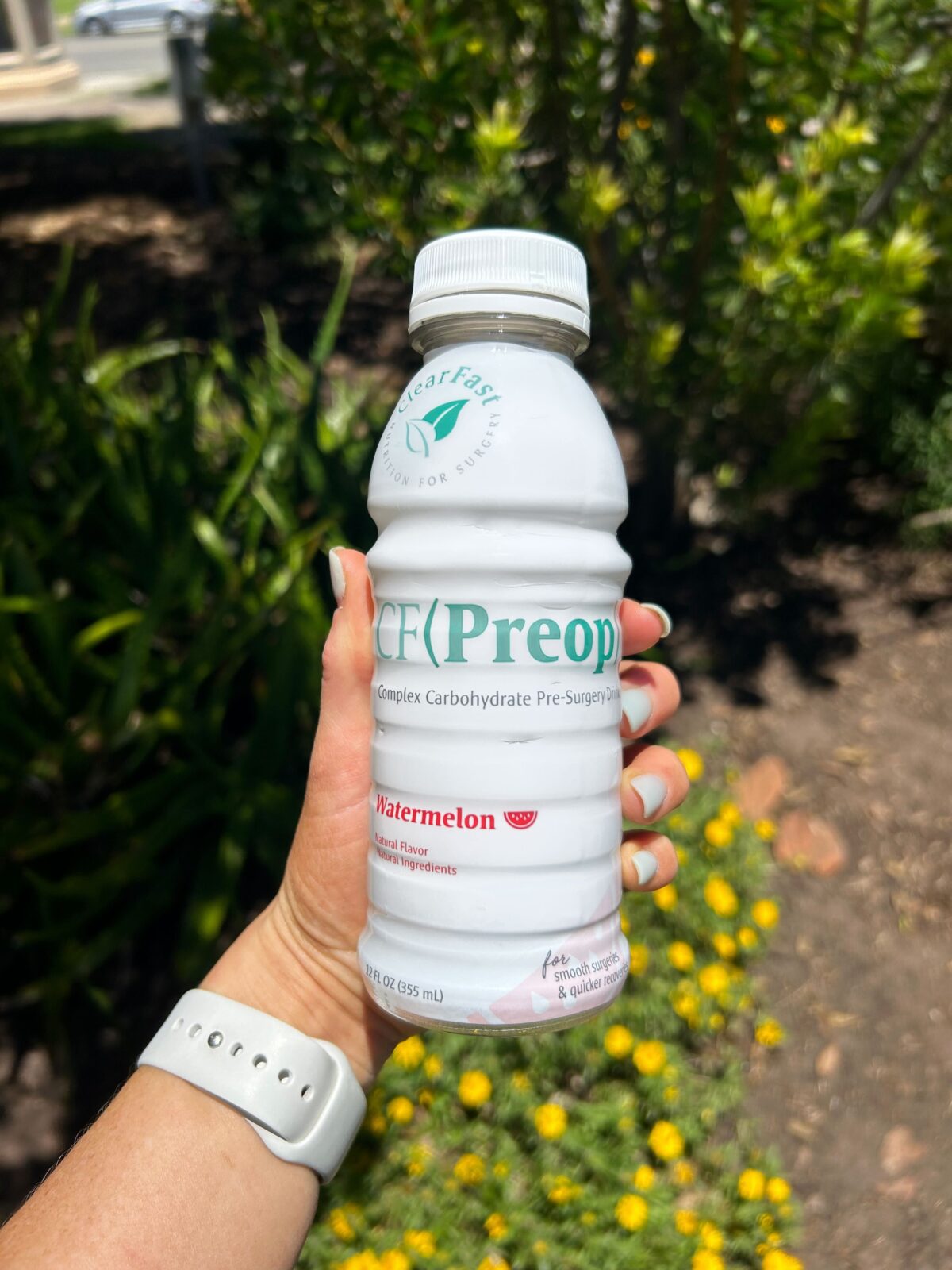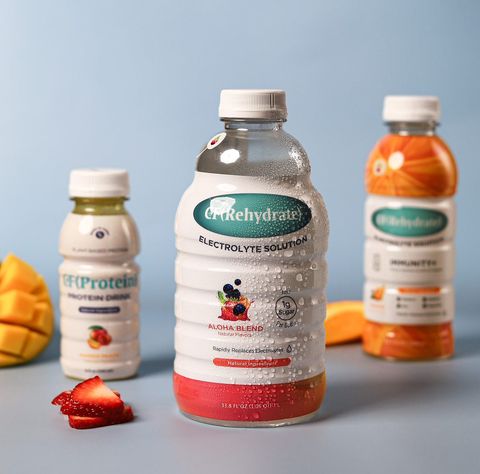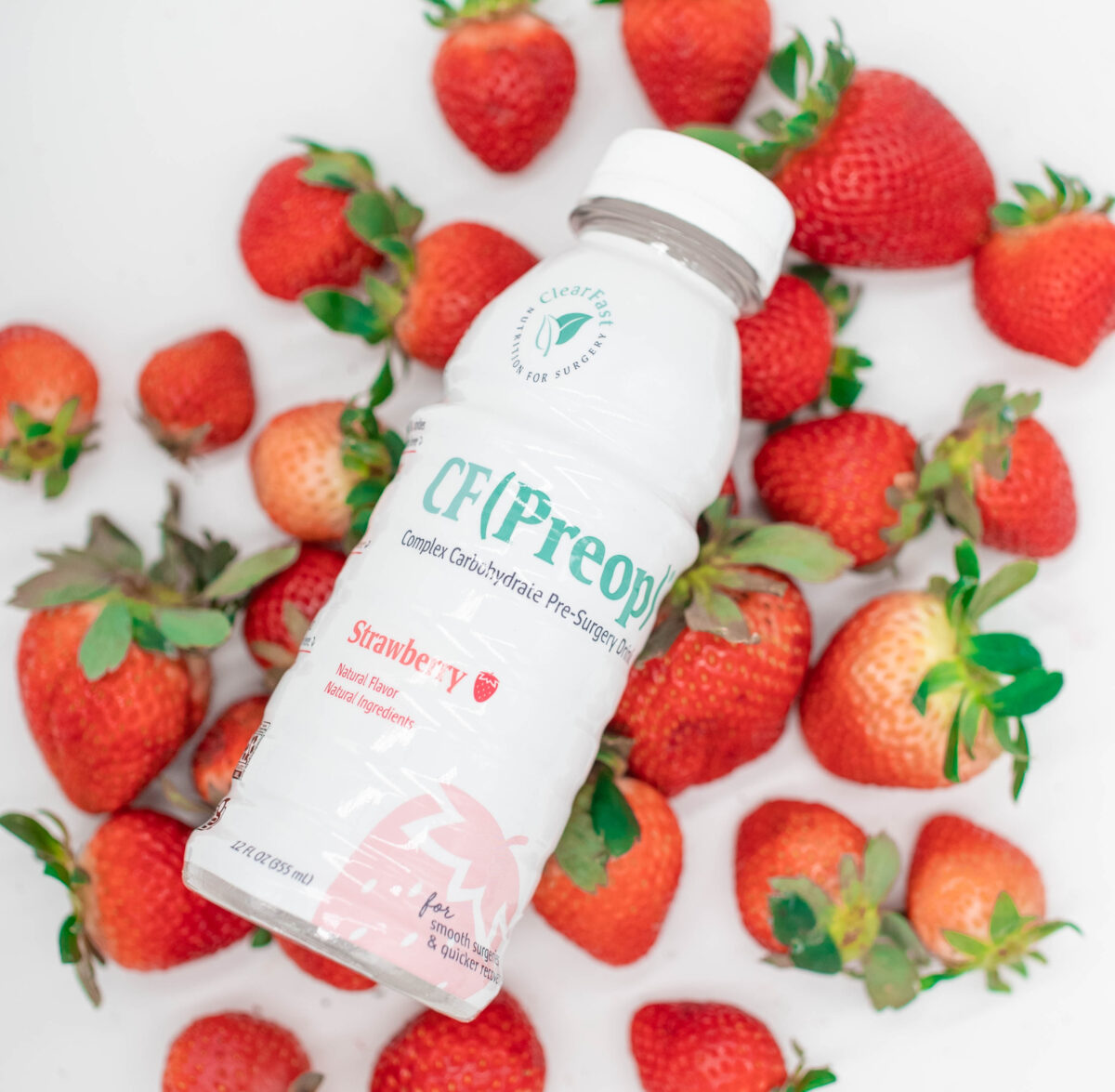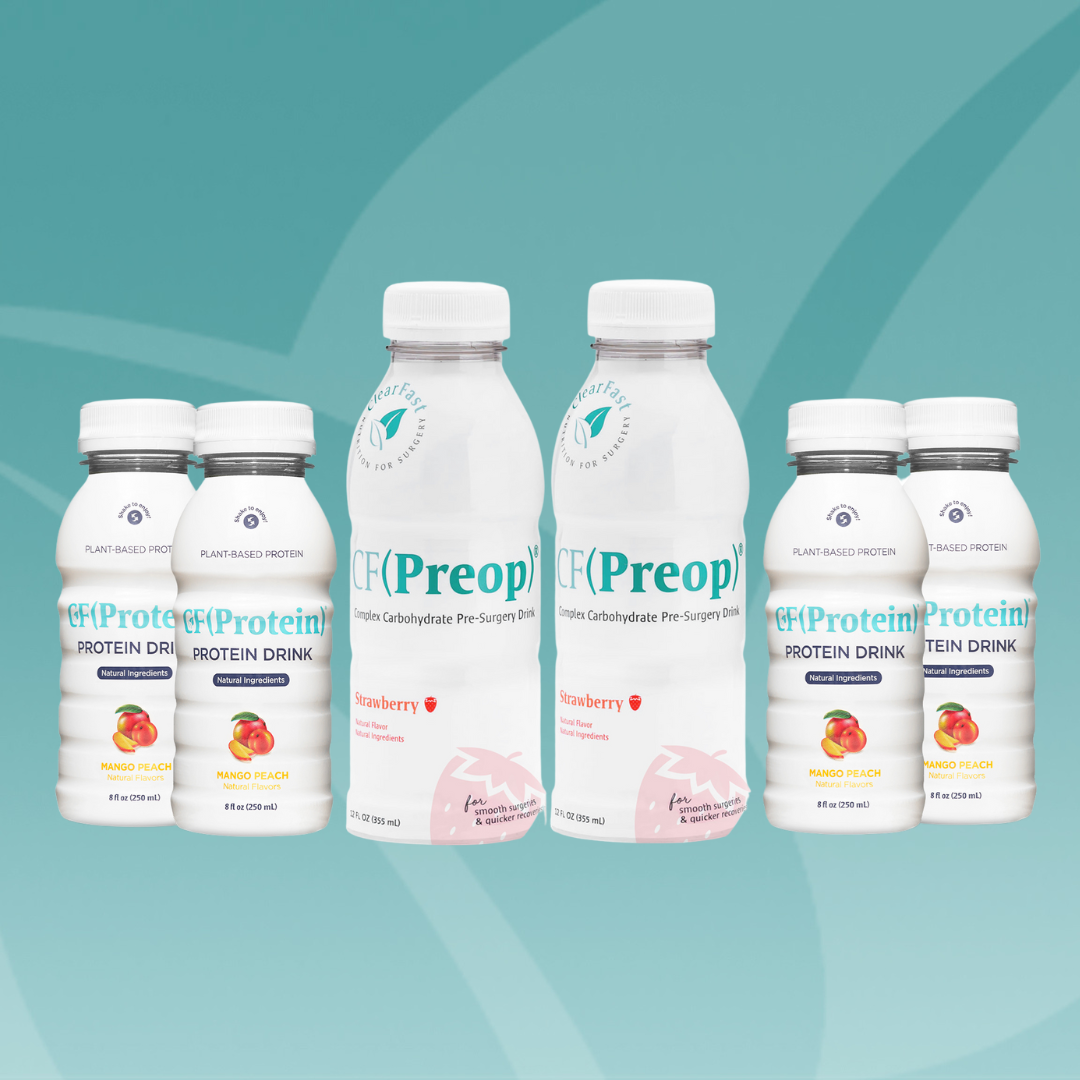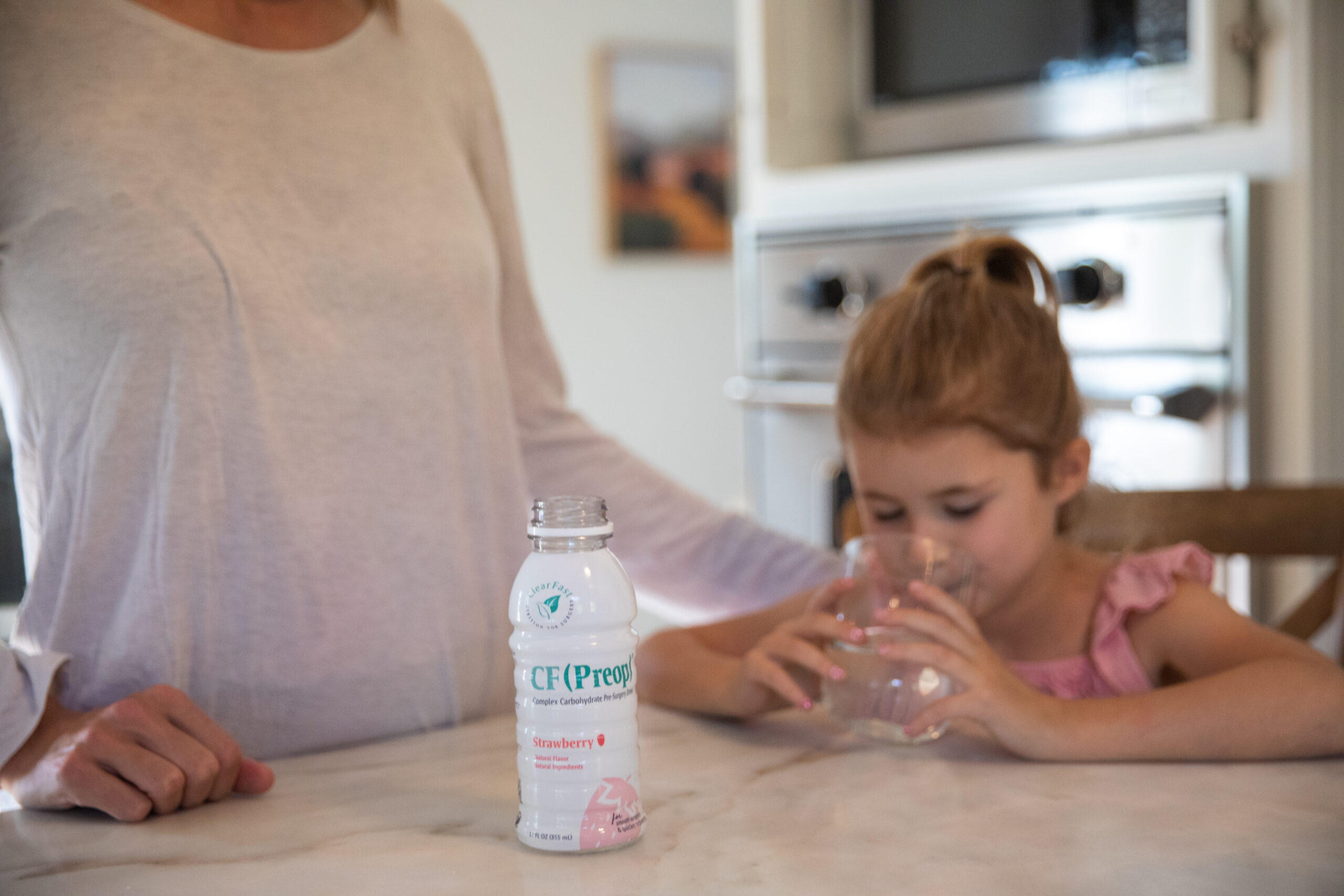ERAS® stands for Enhanced Recovery After Surgery. In the 1990s, Professor Henrik Kehlet founded Enhanced Recovery After Surgery (ERAS®), specifically in colorectal surgeries. There is now available research on ERAS in colorectal, vascular, thoracic, urosurgery, spine, neurosurgery, orthopedic, liver, pancreatic, and cardiac surgery. In the early 2000’s an ERAS society was formed that dedicated time to research preoperative care to improve recovery after surgery. The ERAS® society discovered that some traditional practices were no longer the best practice through evidence-based research. Since then, ERAS has gained much more consideration because of its overall advantageous effect on recovery after surgery, increased patient comfort, psychological well-being, decreased complications post-surgery, and reduced length of stay (LOS).
What are the main pillars of ERAS®?
The main ERAS® principles include protocols for preoperative, intraoperative, and postoperative care. All ERAS® protocols aim to lessen the body’s response to surgical trauma and maintain normal physiological function during surgery.
ERAS® preoperative principles include:
- pre admission counseling
- fluid and carbohydrate loading
- removing prolonged fasting
- no/selective bowel preparation
- antibiotic prophylaxis
- thromboprophylaxis
- no premedication
ERAS® intraoperative protocols include:
- short-acting anesthetic agents
- no drains
- mid-thoracic epidural anesthesia
- avoidance of salt and water overload
- maintenance of normothermia
ERAS® postoperative protocols include:
- mid-thoracic epidural anesthesia
- no nasogastric tubes
- prevention of nausea and vomiting
- avoidance of salt and water overload
- early removal of the catheter
- early oral nutrition
- non-opioid oral analgesia NSAID
- early mobilization
- stimulation of gut motility
- an audit of compliance and outcomes
What is the goal of ERAS® protocols?
As mentioned before, the goal of ERAS® protocols is to reduce the stress response of surgery. When the body undergoes surgical trauma, it can result in a metabolic state of stress. When the body is in this catabolic state, recovery will be slower, and complications are more likely to occur. Some complications associated with this exaggerated stress response are pain, paralytic ileus, increased cardiac demand, respiratory difficulties, increased insulin resistance, and increased infections. These complications lead to delayed recovery post-surgery. By lessening the body’s response to stress, ERAS® protocols help achieve early recovery and decrease LOS. Increased LOS and increased complications post-surgery is a significant issue for many medical professionals. ERAS® is beneficial to both the hospitals due to decreased LOS and costs and the patient as it increases patients comfort, reduces anxiety, and leads to faster recovery.
Nutrition’s Role in ERAS®
Nutritional status is critical before surgery. Ideally, a nutritional assessment is done before any surgery to reduce the risk of postoperative complications, increased length of stay, and infection risk. A patient can be diagnosed with mild or severe malnutrition by the MD. A Registered Dietitian assesses the patient for mild to severe malnutrition. The following criteria from Academy Adult Malnutrition Criteria (ASPEN) help to identify moderate malnutrition. A patient must have at least two of following to be diagnosed with moderate malnutrition: weight loss >2% in 1 week, >5% in one month, or >7.5% in 3 months; Energy intake less than or equal to 50% compared to estimated needs for greater than or equal to 5 days; Moderate body fat depletion; Moderate muscle mass depletion; Moderate to Severe Fluid Accumulation; and reduced grip strength. Furthermore, a patient must have at least two of the following to be diagnosed with severe malnutrition: Weight loss 1-2% in 1 week, 5% in one most, 7.5% in 3 months; Energy intake <75% compared to estimated needs in 7 days; mild body fat depletion; mild muscle mass depletion; Mild fluid accumulation; and Reduced grip strength.
How to correct malnutrition before surgery?
If you need to correct malnutrition before surgery, using CF(Protein)® is a great way to build muscle and strength for a speedy recovery. Other ways to improve nutritional status can include enteral or parenteral nutrition. Obese patients may need to lose excess weight before surgery.
Why should you use CF(Preop)® over the NPO approach?
Before ERAS® protocols, the traditional approach to surgery was to fast after midnight before surgery to decrease aspiration risk. In the 1990s, evidence-based research suggested that this was not necessary. Furthermore, there are detrimental effects caused by this period of prolonged fasting. Prolonged fasting worsens the catabolic state, increases metabolic stress, hyperglycemia, and insulin resistance. Furthermore, when the body fasts for a lengthy time, glycogen stores are depleted, leading to protein and muscle breakdown. Postoperative insulin resistance (PIR), a result of the stress response from surgery and further exaggerated with prolonged fasting, is directly related to delayed wound healing, increased morbidity/mortality, and LOS. PIR must decrease to enhance recovery after surgery.
Preoperative carbohydrate loading maximizes glycogen stores in the body as an energy source to minimize body tissues’ degeneration and reduce insulin resistance. By changing the metabolic state by shortening preoperative fasting (aka providing a complex carbohydrate 2-3 hours before surgery), PIR will decrease, protein loss reduces, and muscle function will improve. Additionally, preoperative carbohydrate loading increases patients’ comfort and reduces hunger, thirst, and anxiety, leading to surgery, all decreasing stress entering surgery.
Specific Amounts of Nutrients Needed to Support Enhanced Recovery
CF(Preop)® is a clear, colorless drink specifically formulated by an anesthesiologist for safe consumption hours before surgery. Each of its premium ingredients promote the highest level of pre surgery safety, comfort, and nourishment. It is designed to lower the risk of surgical site infections, reduce post-op recovery time, minimize post-op complication risk, and promote comfort and minimize stress.
CF(Preop)® is formulated for surgery and has all the ASA requirements to make it safe for consumption before your surgery. These requirements include a low osmolarity of 270mOsm to promote gastric emptying. It is clear and colorless and has no fat or protein and contains 50g CHO to shift the body from a fasted to fed state and promote enhanced recovery. It contains maltodextrin to help replenish glycogen depletion by catabolism related to fasting and surgery. Choosing to drink CF(Preop)® before your surgery helps you feel back to normal as soon as possible.
Now that you know everything about ERAS® and how to prepare for surgery, visit our website to learn more.



